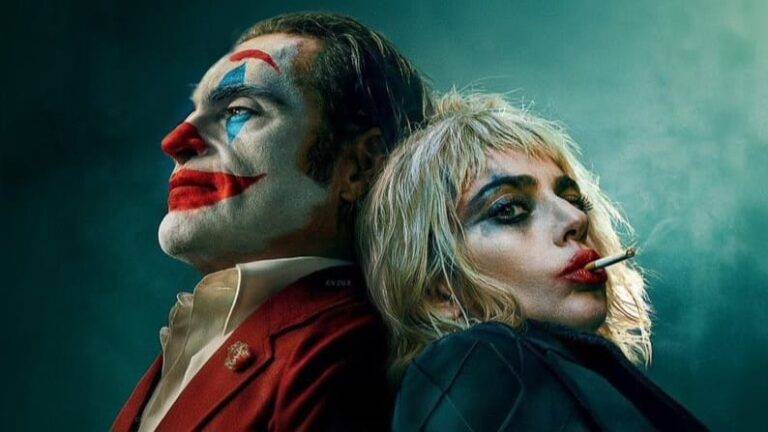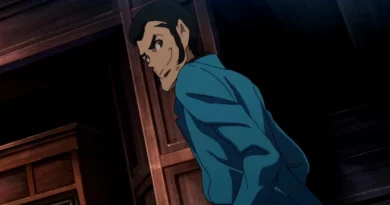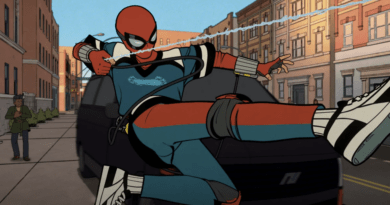
Joker: Folie à Deux Review
The first ‘Joker’ film, released in 2019, was a fantastic move to ground the titular clown in reality, with Joaquin Phoenix giving the character an unhinged nature without going over the top, but still delivering tense moments and a shocking finale. In the long-awaited sequel ‘Joker: Folie à Deux’, the grounding of the character shorts out any sparks of life, while audiences are forced to sit through one court scene after another, in between life at Arkham.
The main hook of the film is of course Lady Gaga playing Harley Quinn, as she and Joker sing through the film. There are several musical numbers throughout the film, making excellent use of Lady Gaga’s singing talent. Phoenix can largely hold his own too in these sections, making them the most compelling parts of the film. They are hampered a bit by largely being imaginary – the carnage the pair could cause if they were real – but overall they add a sliver of life in what’s otherwise a dull trial.
The trial of Arthur Fleck is what the film revolves around. After Arthur’s murders in the previous film, the state would like to prosectute Fleck and sentence him to death, led by none other than Harvey Dent, played by Harry Lawtey. Lawtey plays Dent as the straight face goody-two shoes of Gotham, who will take no exception in his pursuit of justice. Fun DC connection aside, the trial is a dull experience, watching lawyers argue about whether Fleck is the same person as Joker. It doesn’t help that the characters that get the most focus just discuss what happened in the first film.
This sequence of events is spiced up towards the end when Joker represents Fleck, and starts cross-examining witnesses, but this is only a brief part of the film before it moves on. Had it been like this all the time instead of his lifeless lawyer, the film might have been much more exciting.
Arkham doesn’t provide much story for Fleck either, simply being the place where he goes home at the end of the day. The guards there are as disgustingly heinous as audiences expect, beating Fleck and the other inmates for the slightest inconvenience, and only occasionally be nice. There’s nothing really to them other than just being guards.
Just when the film comes close to its end, is the moment it jolts back to life. Fleck admits that he doesn’t want to be Joker, that he just wants to be who he is. It’s a moment where he disowns the Joker identity and is admitting that the shadow of the Joker has grown out of his control, just like the cartoon at the beginning of the film alluded to (that was a fantastic homage to the cartoons of the 1950s and the type of hijinks they used to pull). This disillusions his fans, including Quinn, who didn’t care about Fleck.
This is crystalised in the film’s final moments, where one of the Arkham inmates repeats the iconic “you get what you deserve” line from the first ‘Joker’ film and stabs Fleck, where he is left on the floor, presumably left to die. It’s something that shows even Warner Bros Discovery., have disowned this version of the Joker. It doesn’t make the same bold statement as the first film, though in an era where comic book heroes and villains seem unkillable is a surprising move. It jolts some life in the final few minutes of the film.
Overall, while the musical aspect of ‘Joker’ was a great idea, and with Lady Gaga is something that Todd Philips clearly commits to, but are blighted by being imaginary, and stuck to a boring trial that doesn’t go anywhere until the end. Phoenix is still brilliant as a more realistic Joker, but this realism is something the suffocates the entire film.



